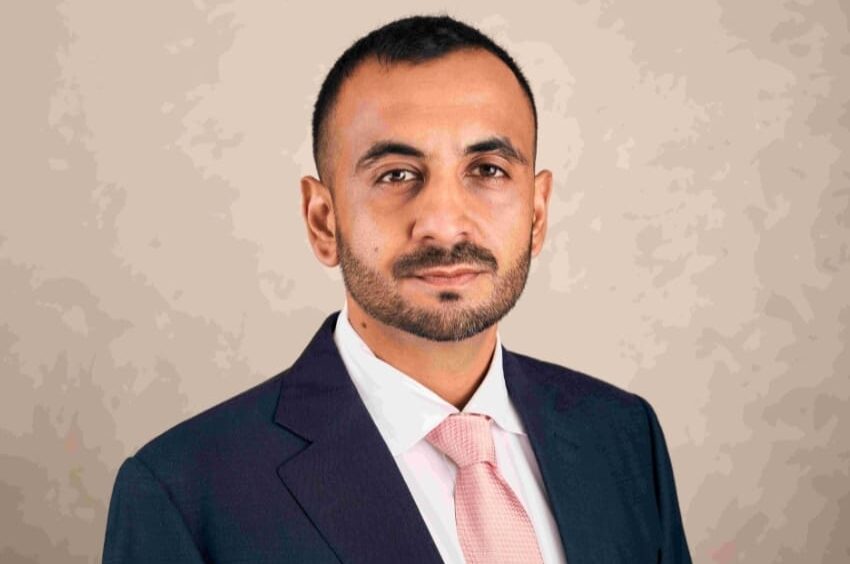Sustainability Must Be Broken Into Practical, Measurable Targets: WeWork’s Virwani

Virwani stresses practical, measurable sustainability targets across energy, water, waste, and biodiversity to drive both environmental impact and operational efficiency
“Sustainability cannot be left to 15-year promises that no one takes seriously. It must be broken into small targets that are practical and measurable,” said Karan Virwani, Chief Executive Officer of WeWork India, in a conversation with BW Sustainabilityworld.
WeWork India has set itself five clear goals on energy, renewable sourcing, water conservation, waste management, and biodiversity. Virwani said that these were chosen to balance ecological responsibility with operational prudence. “Utilities are the biggest part of our cost structure, largely energy. Anything that reduces consumption directly supports both sustainability and profitability,” he explained.
Energy performance is central to the effort. The company aims to bring its Energy Performance Index (EPI) down to 120 by 2027. A year ago, the EPI stood at 136; today it is 129. Cooling, the largest single component of consumption, is being managed through technologies such as Schneider’s building management systems, occupancy-based airflow controls, and tools from 75F that fine-tune indoor comfort.
Alongside efficiency, WeWork intends to source all its electricity from renewable energy within two years. At present, about a quarter of its spaces operate on clean power, a marked increase from 12 per cent last year.
Water conservation forms another priority. Daily usage has already fallen from 35 to 29 litres per person through aerators, spray taps, and smart metering. The goal is to reach 20 litres by 2027. On waste, the company now diverts 86.2 per cent from landfills, aiming for 90 per cent within two years.
Virwani stated that partnerships underpin much of this progress. The company has adopted recycled materials for flooring and insulation, and works with developers such as Embassy, DLF and Prestige, who themselves follow sustainable building practices. Technology firms like Schneider, 75F and Flamenco provide solutions for energy, cooling and lighting efficiency.
Beyond its own buildings, the company has committed to biodiversity projects, including the restoration of Tarahunise Lake near Bangalore. Once dry and polluted, the lake has been revived with support from Ecogram. Independent monitoring shows more than 3,000 species have returned, a sign that ecological recovery can be achieved through sustained intervention.
Virwani linked these initiatives to a broader critique of Indian urban development. He contrasted Singapore’s strict building codes, which require developers to compensate for lost green cover and adhere to rigorous drainage systems, with India’s looser regulations. “Here it is, greed and approval without thought. Developers see their responsibility ending at the site boundary,” he observed. He called for stronger planning norms and environmental codes to address the recurring failures of Indian cities during floods and heatwaves.
On policy reform, he welcomed recent GST changes for their potential to stimulate the economy but pressed for simpler registration norms to reflect the needs of digital-first companies.
For Virwani, sustainability is not an abstract pursuit. It is a combination of measurable steps, transparent monitoring, and economic sense. “The idea is to set goals we can achieve, and then push further,” he concluded.





































































































































































































































































































































































































































































































































































































































































































































































































































































































































































































































































































































































































